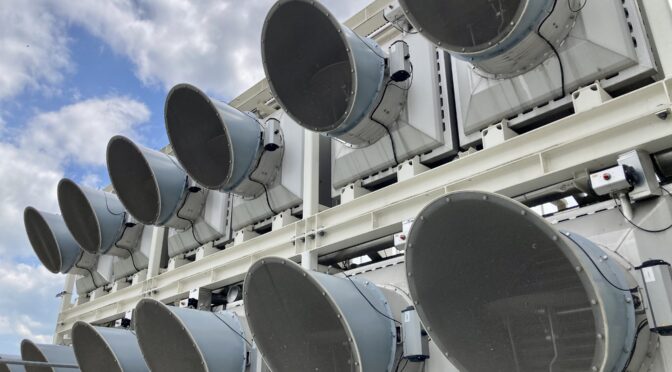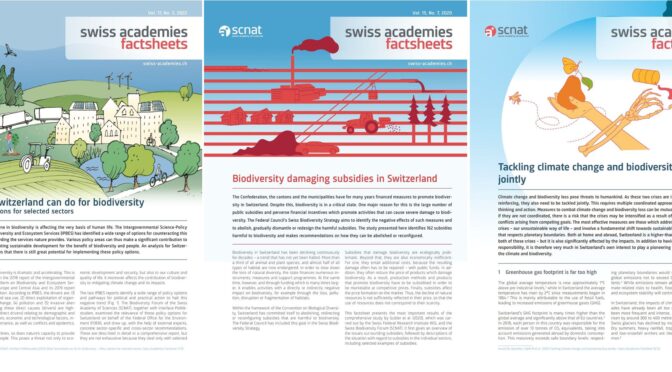Response Doctoral Program
To meet net-zero targets by mid-century, gigatons of carbon dioxide (CO2) per year must be removed through direct air capture and storage (DACS). However, current deployment is low, requiring DACS technologies to be deployed at an unprecedented pace. The ETH Energy Blog post of RESPONSE fellow Katrin Sievert explores the two most advanced capture methods used in DACS, compares their scalability, and stresses the significance of investing in multiple technologies over the next decade instead of solely relying on existing approaches.
Read Katrin Sieverts’ Energy Blog article.
Continue reading Diversifying and scaling direct air capture for a net-zero future








